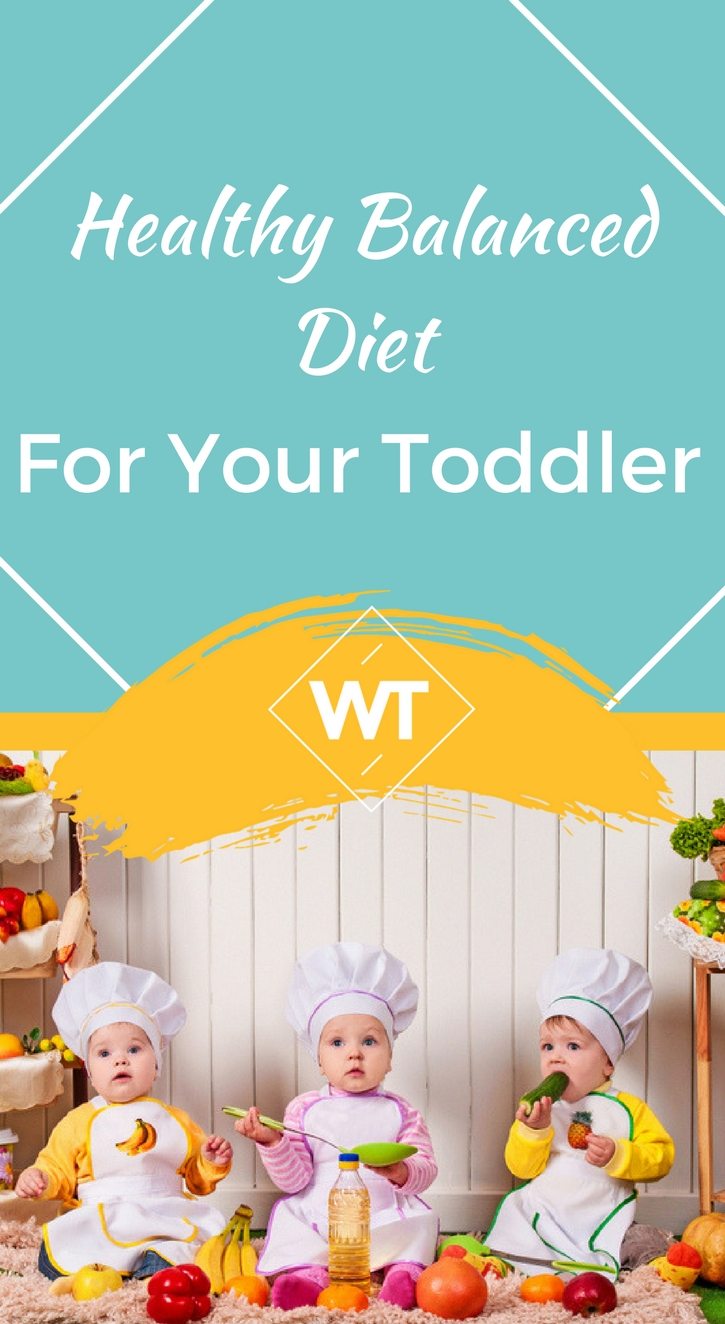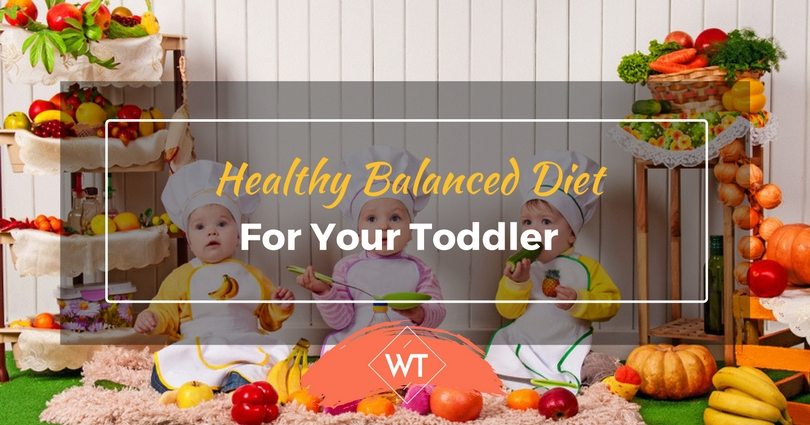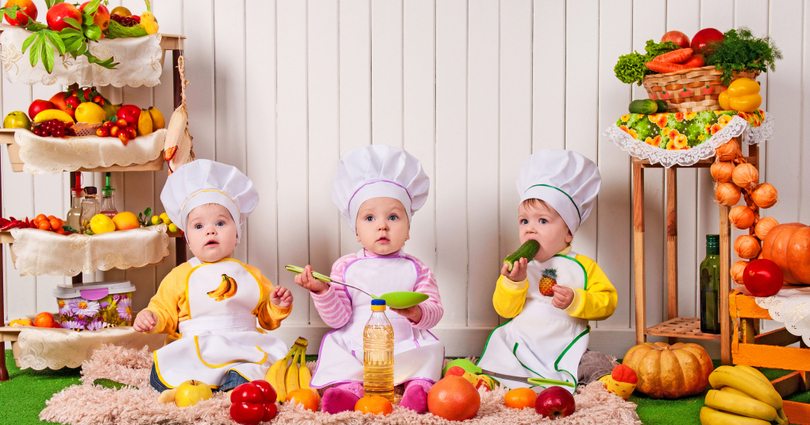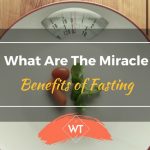Healthy Balanced Diet for Your Toddler

Motherhood is a wonderful feeling. Starting a family and bringing a new life into the world fills most couples with a lot of excitement. They start planning for the little one’s arrival and the coming years ahead. But only a few of them realize that parenthood comes with a lot of responsibility and the practical picture is a far cry from their planning. As the baby grows older, one of the biggest challenges parents face is planning a healthy balanced diet for their toddler.
Case Study
When Angie was expecting her first child, she made a plan for years to come focusing on how she will raise her child. Now, that her son is a year old, she is struggling with his eating habits. Also, she wants to give him a proper, healthy balanced diet and remains worried about the essential ingredients of her toddler’s food.
Introduction
Infants or children below one year of age depend a lot on mother’s milk which gives them complete nutrition. Also, they are too young to like or dislike anything. But, as they grow and come out of infancy, their dependency on milk decreases and they start having other food items. It becomes really important for mothers to feed them a nutritious, healthy balanced diet because walking, talking, and running need a lot of energy.
Below is a list of some important nutrients which have to be an essential part of your young one’s diet.
- Calcium – During infancy, your child has relied on milk for getting the essential calcium but, now you can add cheese, yogurt, and spinach to their daily diet for the same, along with milk.
- Protein –Proteins are essential for the development of bones, muscles and tissues and thus, are a must for your toddler. Milk, eggs, cheese, lean meat, fish, nuts, beans and lentils are some rich sources of protein.
- Iron –Iron helps in the creation of hemoglobin and thus, is a very essential nutrient to be included in the daily diet. Red meat, dry fruits, fish, green veggies and beans are a rich source of iron.
- Vitamin A – Vitamin A helps improve vision, fights viral infections, makes hair, nails and skin healthy, and repairs our body tissues. Carrots, spinach, broccoli, tomatoes, mango, peaches and papaya are a rich source of this wonder vitamin.
- Vitamin B – Vitamin B2, B3, B6, B12 help improve metabolism, help break down food and produce energy and maintain a healthy nervous system. Milk, cheese, beans, meat and soybeans are a rich source of Vitamin B.
- Vitamin C – We are all aware of the fact that vitamin C helps strengthen our immune system and fights infections. It helps in the prevention of cough and cold as well. Oranges, strawberries, kiwi, guava and broccoli are some of the options you may choose from for the intake of Vitamin C.
- Vitamin D – One of the most essential nutrients, vitamin D plays an important role in maintaining our health as it helps absorb calcium in the body and builds strong bones, teeth and muscles. Milk, eggs, oily fish and orange juice are some foods rich in Vitamin D. A few minutes of sun bathing also helps in getting vitamin D but, over exposure to the sun may lead to skin problems.
Other than the above, folic acid, iodine, zinc, phosphorous, magnesium and manganese are some important nutrients to be included in your toddler’s diet although in a comparatively lesser quantity than those above. A toddler can only grow well if the child has been breastfed properly during infancy. For the initial few months, all a child needs is mother’s milk which is sufficient to provide all the essential nutrients.
Conclusion
As the child grows, it is possible that he/she becomes fussy and you are left wondering how to feed them their essentials. The bottom line is that parents should have patience. They should try to feed their child home-cooked food as much as possible, serve a variety of foods and include dairy, fruits, vegetables and grains in their daily diet as well.
Normally, toddlers need an average of 1000 to 1400 calories per day but it also depends on a child’s height, weight and physical activity level. But it is always advisable to consult the pediatrician and plan the healthy balanced diet accordingly. Invest in your child’s nutrition today for their healthy and safe future!









Leave a Reply